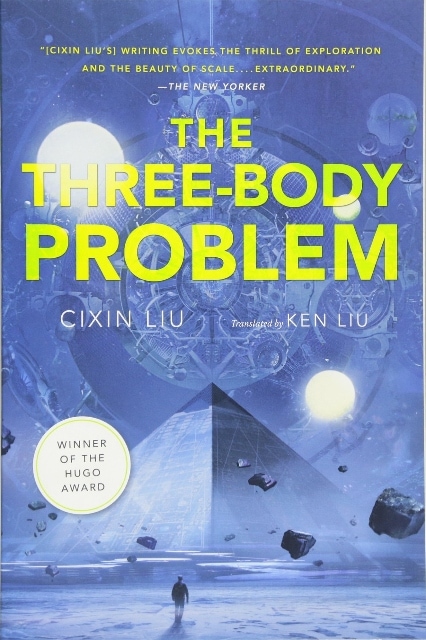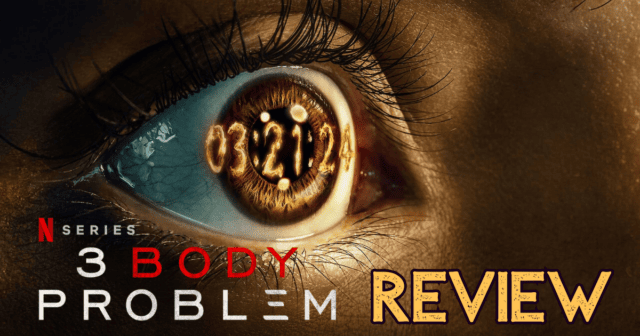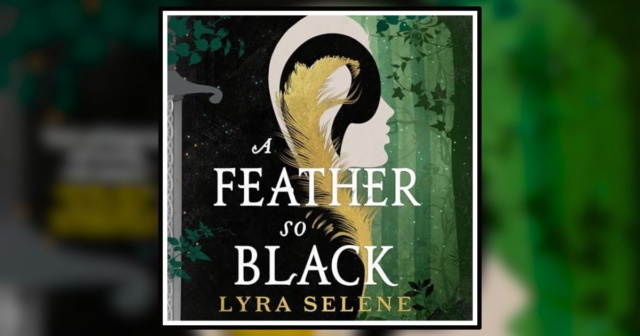Book Review: ‘The Three-Body Problem’ by Cixin Liu

I must admit that I love horror, so I thought The Three-Body Problem was about hiding three bodies (naturally, right?). Wrong! The “three-body problem” is an actual physics problem that deals with the movements of three celestial bodies in relation to each other as they move through space. Their movements are very chaotic and impossible to predict.
This is bad for the Trisolarians, an alien race from a planet part of a three-sun system. Luckily for them, dumb old Earthlings have sent out a calling card, and Earth sounds like a paradise. All they have to do is get here. Cixin Liu (with Ken Liu translating) takes a fascinating look at how contact with an alien civilization could change humanity, and that’s before the aliens arrive.
[Warning: My review of The Three-Body Problem contains some spoilers for the book and possibly the upcoming Netflix series.]
The Three-Body Problem takes place in a dangerous Chinese climate
The Three-Body Problem opens in China during the Cultural Revolution of the 1960s. Ye Wenjie sees her father beaten to death on stage by teenagers for refusing to disavow science. She watches her mother stand on the stage and participate in the “questioning” that preceded the beating. Her father is not the first or the last scientist to lose his life to the Cultural Revolution. Ye, a college physics student, goes into hiding, working a labor-intensive forestry job to ensure that no one can accuse her of thinking the “wrong” scientific thoughts.
However, China’s higher political actors know that science is needed for the country to move forward. So they quietly recruit scientists (who are always afraid of saying the wrong thing as they work) to be part of special hidden scientific projects around China. Ye is recruited for one such project. At Red Coast Base, the Chinese send signals and listen for incoming ones. At first, Ye thought the signals were related to other governments here on Earth. But she realizes that Red Coast Base is trying to find alien life!
Ye doesn’t think the base has the power to get a message far enough into space. But then she has an epiphany. She uses the sun to enhance the signal and sends a message into deep space. And it works! But the response she receives isn’t what she expected. The messenger warns her not to respond to the civilization ever again. They are looking for a new home and will destroy humans to get one if they discover where in the cosmos Earth is located. However, after everything Ye has been through, she decides to “Let them come” and contact them again.
Game over for Earth in The Three-Body Problem?
It might seem like telling a technologically superior race where to find us is a terrible idea. But Ye had already seen what humans could do; she was sure that aliens could do better. She believed that more technology meant more morality.
I’m not sure why she would think this other than the belief her father thought technology could save China. In my experience, more intellect means less emotional savvy. Therefore, I would always expect a vastly technologically advanced race to be evil, or at least not benevolent to the less advanced civilization.

Besides, Ye was so hurt, I don’t think she was thinking straight. She reminded me of a character in The Eaters of Light by Rona Munro. A young girl is supposed to guard an interdimensional gate to keep out a monstrous alien. After watching her entire village be slaughtered, she decides to let the monster out. It’s the same principle: my world is gone, so let the whole world be gone.
Interestingly enough, neither girl thought the monsters would destroy everything. They thought these creatures would only destroy what had upset them; then they’d just stop. It shows how little we think things through when we’re in pain and how universal that feeling is.
A bouncing of timelines in Cixin Liu’s The Three-Body Problem
So, while the evil (from our perspective) aliens are heading to Earth to conquer and destroy humanity, it hasn’t happened yet. Liu bounces between the 1960s and the present, where the problem of the Trisolarians is only becoming apparent to governments worldwide. Moreover, because of the distance between Earth and the Trisolarian home planet, there are still 450 years left before they get here.
That gives humans a chance to mount some defense. If only all our best scientists would stop killing themselves. Yeah, that seems fishy to the government, too. So, in a classic alien invasion move, the governments of the world team up to try and find out why scientists are killing themselves. That’s where our other main character, Wang Miao, comes into the story. He is a modern scientist with strange, almost supernatural, experiences. Finding out what’s causing them and what they mean might lead to the survival of the whole human race.
Great story by Cixin Liu, and hopefully a great Netflix adaptation
I enjoyed The Three-Body Problem. It was very scientific at times, but the nice thing is that an actual understanding of the science wasn’t necessary to understand the book’s plot. If your eyes begin to glaze over the little sciency stuff, skip that and keep going.
The philosophical questions of The Three-Body Problem are way more interesting than the physics problems. How would mere contact with an alien civilization change humanity? Would they be benevolent or cruel? Would humanity become more robust or fragmented due to contact? Would it even be our problem, or our children’s children’s problems? And that’s just the beginning.
Not only is The Three-Body Problem a great story, but it’s an excellent thought stimulator and conversation starter. Netflix is coming out with a limited series based on Liu’s story on March 21st, and I hope it is just as thought-provoking as the book.
Rating: 8/10
The Three-Body Problem by Cixin Liu is now available in most places where books are sold. Do you plan to read this sci-fi novel? Are you excited about the Netflix series? Let us know on social media @mycosmiccircus or on The Cosmic Circus Discord!
Review: Netflix’s 3 Body Problem Premiere Episode An Intriguing Start
Book Review: A Feather So Black (Fair Folk 1) by Lyra Selene




